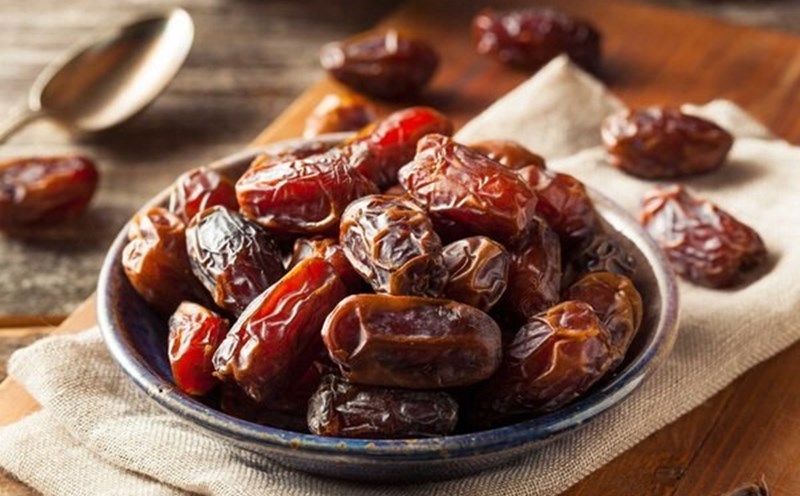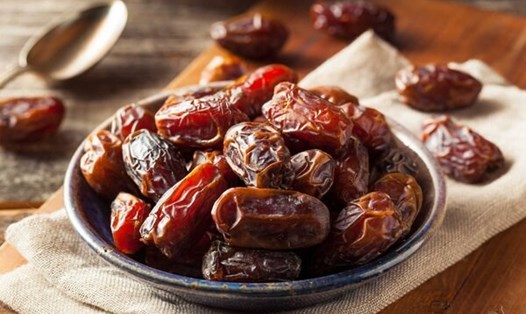Protein Thanh and Swallowing: convenient but cannot replace real meals
In a busy lifestyle, many people turn to protein bars or shakes as a quick way to supplement energy. However, according to nutritionist Aviv Joshua, MS, RDN at the Center for Nutritional Health (USA), these are all ultra-processed foods and should not be used as a substitute for balanced meals from fresh food.
Protein Than contains a certain amount of fiber, fat and protein, helping you feel full longer and suitable for a mobile snack. However, they often contain added sugar, artificial sweeteners and sugar alcohol, which can easily cause bloating or diarrhea if eaten too much.
In contrast, protein shakes are easy to digest and help the body recover muscles quickly after exercise. Protein powder can be customized to taste, mixed with milk, fruits or vegetables to increase nutritional value. However, milkshakes are often low in fiber, making you feel hungry quickly and sometimes causing digestive discomfort in people with lactose intolerance.
Potential risks and advice from experts
Many studies have warned about the risk of heavy metals and pollutants in packaged protein products. A survey by the Clean label Project in the US shows that nearly 47% of protein powders exceed the safety limit for heavy metals such as lead, asen, mercury, cadmium. Even 98% of protein bars tested had detectable lead.
Consumers should choose products that are NSF for Sport certified, ensuring that they do not contain impurities or banned substances, Joshua experts recommend. He also emphasized that both of these products should only be used as supplements, and cannot replace main meals with fruits, vegetables, lean meats, beans, and whole grains.
If you need quick energy after exercise, shakes are a good choice. Conversely, when wanting to lose weight or control hunger, protein bars containing fiber will be more suitable, as long as choosing products low in sugar and low in saturated fat.











